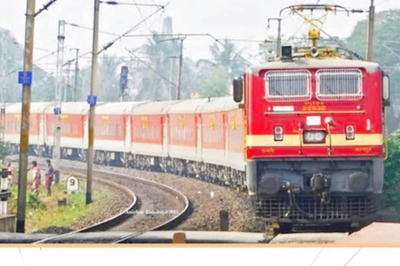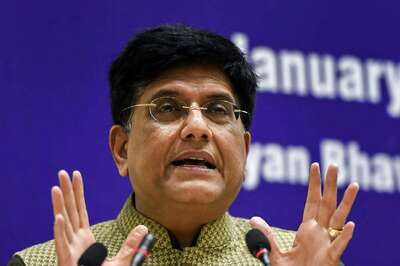
views
New Delhi: Union Budget 2018 is going to be the first Post-GST era budget that Finance Minister Arun Jaitley is scheduled to share on 1st February 2018. Budget 2018 is going to be different from many previous budgets as a lot has changed in the past one year with the introduction of Goods and Services Tax since 1st July 2017.
First and the foremost, the government is currently witnessing a Fiscal Deficit of approximately 3.5% GDP due to subdued collection of indirect taxes, post GST rollout last year. This fiscal deficit due to GST is going to affect budget allocations and other policies in Union Budget 2018.
The Union Budget is divided into two sections viz Part A that talks about the budgetary allocations to different sectors of the economy and schemes introduced therein; Part B talks about tax proposals on direct as well as indirect taxes. However, post GST rollout last year, many indirect taxes like VAT and Excise Duty were subsumed into one tax – GST, for which the GST Council is the decision making authority. Therefore, the length and breadth of Part B would be affected in this first post-GST Budget.
The government is also expected to introduce Direct Taxes Code in Union Budget 2018, thereby streamlining processes for Income Tax collection and controlling leakages.
Also, this is going to be the incumbent government’s last budget before the country goes for General Elections in 2019; it is highly speculated to be populist in nature as compared to Budget 2017. In the last budget, the Finance Minister gave some relief to the mid-income group by reducing the tax slab rate for ₹2.5 Lakh - ₹5 Lakh from 10% to 5%, however, this year, it is being widely speculated that the government might first of all increase the exemption limit and secondly, it might create new tax slabs to boost purchasing power and hence economic growth in the country.



















Comments
0 comment